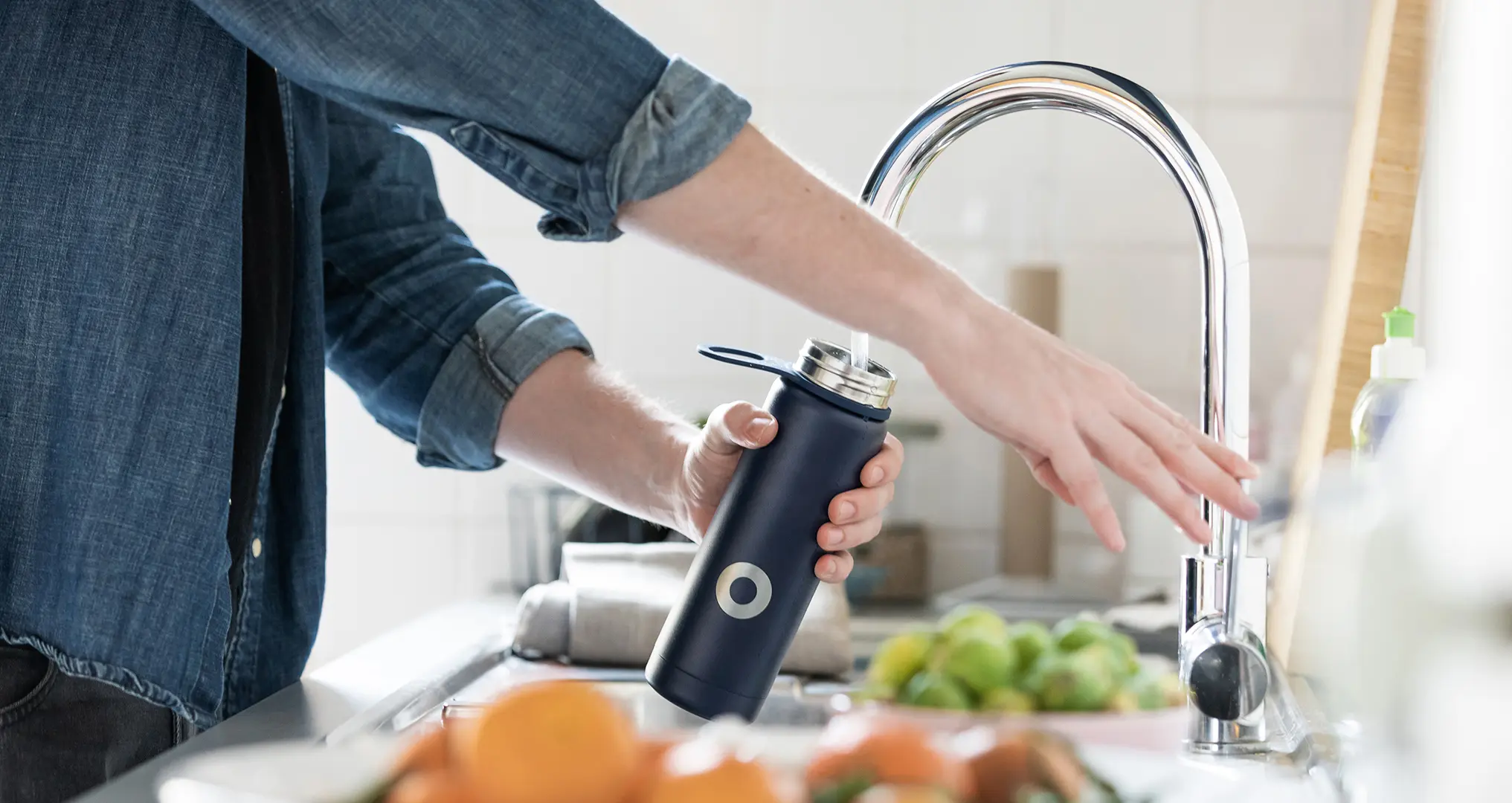Is Your Tap Water Safe to Drink?

Clean, safe, and reliable water is vital for our everyday tasks. People use it for hygiene, hydration, sustenance, and more. It’s a daily necessity, yet most people don’t give a second thought to whether the water source they drink from is safe. So, how can you really be sure it’s safe? Office H2O is here with some insight and what you need to know about drinking tap water.

What to Know About Drinking Tap Water
Even after your tap water has been through municipal treatment plants or filters, it will still have a certain level of minerals and contaminants. It only becomes safe to drink when those minerals and contaminants are within certain established levels.
The Environmental Protection Agency (EPA) regulates public drinking water supplies in the United States to ensure they meet strict water quality standards. They test for more than 90 contaminants, including lead, arsenic, and mercury. Yet, many of these contaminants still make it to your tap, and even the lowest levels can be harmful.
Are the Contaminants in Your Tap Water Worth Worrying About?
Like the FDA with bottled water, the Environmental Protection Agency (EPA) manages the standards for tap water to ensure that it meets safety standards.
Regarding water contaminants, the EPA classifies them as Physical, Chemical, Biological, and Radiological. Your water service provider should have a solution to address any contaminants that exceed the acceptable range. They should also list suggestions of measures to take to address the impurities in your tap water. If you have questions about the report or tap water quality, contact your water supplier or the EPA directly.


How to Know If Your Tap Water is Safe to Drink
To ensure that your tap water is safe, U.S. water systems that serve 100,000 or more households are required to provide annual online water quality reports. You can visit the EPA website to access the information for your water system. When you find the report, look into the summary section that identifies any higher contaminant levels than acceptable.
If your house was built before 1986, you can also consider performing your own water quality test. Houses built before then can have lead pipes, which have an increased possibility of water contamination compared to more modern properties.
You can buy a kit for $20 to $120 for tap water testing or request one from your water provider. For the most accurate results, the EPA advises utilizing a certified lab to test your drinking water quality. Take note, however, that there can be a waiting period if you choose a qualified lab for your testing.
Tap Water Drinking Alternatives
Tap Water Filters
If you want to make sure that your tap water is as clean as it can be for your consumption, you can use water filters. Under-the-counter reverse osmosis systems are the most effective because they remove a wide variety of contaminants, including:
-
- Vinyl Chloride
- Chlorine
- VOC’s
- Mercury
- Arsenic
- Chromium 6
- Lead
While there are some other options out there, not all of these tap or faucet filters remove all contaminants. So, if you’re going to buy one, ensure you purchase a high-quality filter by reading the label to see if it follows standards established by the American National Standards Institute (ANSI) or NSF International.

Bottleless Coolers
Bottleless water and ice coolers are excellent cost-effective drinking water options that eliminate plastic bottles and all their problems using the latest water filtration and purification technologies. By going bottleless, you can help reduce carbon emissions entering our atmosphere while making our planet greener.
Your Water Sanitation is Our Priority at Office H20
Get your bottleless coolers now at Office H20! It’s great for the environment and cost-effective with no hidden fees.
Office H2O is the Midwest’s provider of state-of-the-art bottle-less water coolers, and commercial ice systems that are great for human health. Get hands-free, clean drinking water by contacting us now!
Photo by Andres Siimon on Unsplash
Photo by Imani on Unsplash
Photo by RephiLe water on Unsplash
Photo by Amritanshu Sikdar on Unsplash
